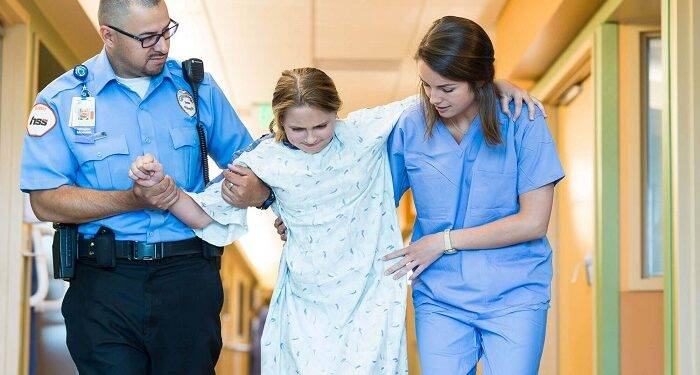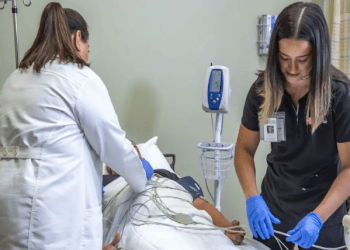Hospitals are not immune to the risks that come with a high-risk industry. Even though the security guards in hospitals are trained to help protect patients and staff, they are still not enough to fight off external threats.
In recent years, hospitals have been facing increased attacks from external threats such as terrorism and cybercrime. This is why it is important for hospitals to invest in an effective security guard system.
Security guards should be working in hospitals because of their unique set of risks and challenges that they face on a daily basis. From physical threats such as theft, assault, or even murder, to cyberthreats such as data breaches or ransomware attacks; these guards have seen it all and can help protect patients and staff from these dangers.
Hospital Security and the Unification of Law Enforcement
In the United States, there is a lack of uniformity in law enforcement. This has led to a rise in hospital security guards who work independently from the law enforcement. They are often armed and have access to law enforcement databases and other resources that can be used for law enforcement purposes.
The unification of law enforcement would help make hospitals safer for both patients and staff members. It would also help reduce crime rates in general as well as provide better protection for the public.
Why Security Guards Should Be Working with Healthcare Professionals
The healthcare industry is one of the most vulnerable industries in the world. Healthcare professionals are constantly under threat of attack and they need to be protected by security guards with law enforcement experience.
Security guards are often seen as a mere deterrent, but they should be working with healthcare professionals to create a stronger defense against attacks. The more security guards can work together with their healthcare counterparts, the more effective they will be in protecting their patients and staff members.
Here, we discuss why security guards with ar-15 rifle should work with healthcare professionals and how it can benefit both parties involved.
The Role of Security Guards in a Hospital’s Emergency Operations Plan
Security guards play a vital role in emergency operations plan. They are the first responders and they are also responsible for ensuring that the hospital is secure.
Security guards can provide resources such as:
– Identifying patients, visitors, and staff members who require immediate medical attention
– Escorting people to the appropriate area of care or treatment
– Managing a situation if an emergency arises and staff is unable to respond
– Escorting patients to appropriate areas of care or treatment
Understand the Importance of Patient Privacy and Protecting Records in a Hospital Setting
Hospitals are among the most sensitive and vulnerable places in the world. In order to keep patients safe, they need to be able to trust that their medical records are secure.
The Medical Records Protection Act was created to protect patient privacy rights and ensure that all medical records are stored securely. The act also ensures that patients can access the information they need when they need it.
Patients have the right to ask for a copy of their medical records and hospitals have a duty to provide it if requested.
Conclusion: The Usefulness of Hospitals Putting Their Trust on Professional Security Officers
A hospital is a place where people go to get better. Hospitals are meant to provide a safe, clean and healthy environment for patients. However, the security officers in these hospitals are not always able to do their job effectively because they have limited resources. They also have little or no training on how to deal with security threats.
The conclusion of this article is that hospitals need more professional security officers. Hospitals should trust in professionals who are trained and experienced in handling security threats because they can provide the best possible services for their patients.











